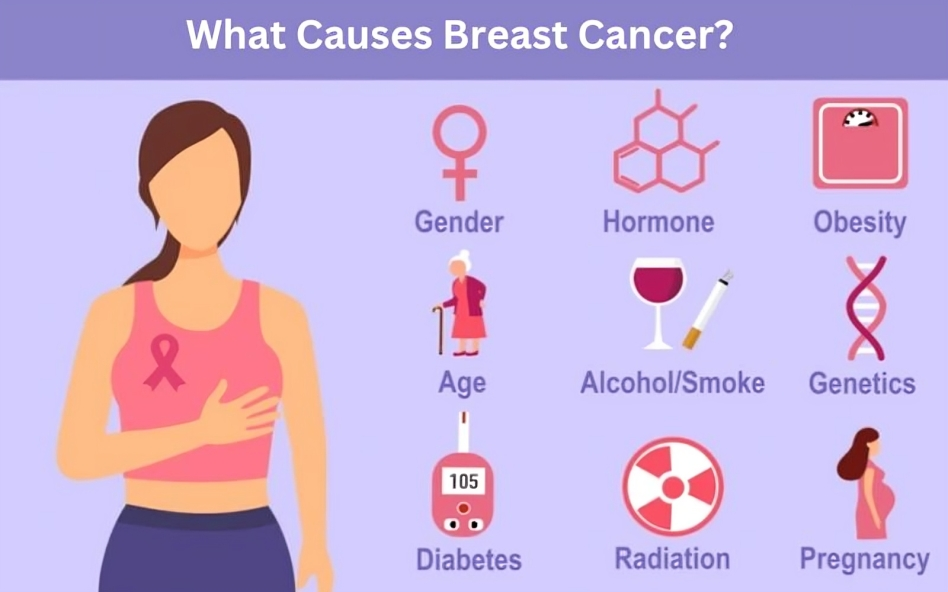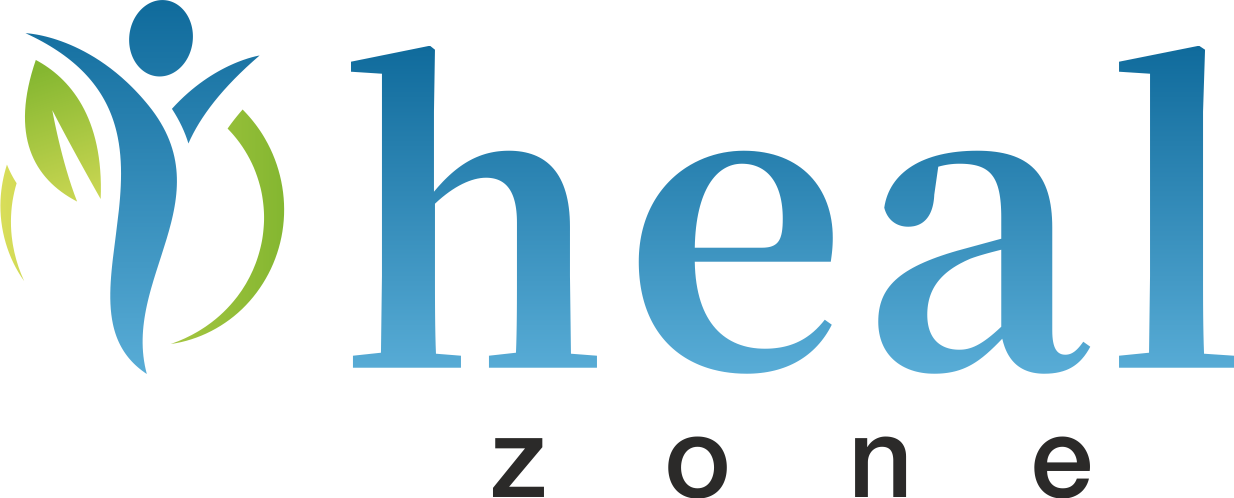Breast cancer is among the most prevalent types of cancer that affect women across the globe. Despite significant advancements in diagnosis and treatment, understanding the causes of breast cancer remains essential for prevention and early detection. For every woman, knowing the risk factors, both controllable and uncontrollable, can make a profound difference in how breast cancer is approached.
In this comprehensive guide, we’ll explore the leading causes of breast cancer, risk factors, and provide insights into how lifestyle, genetics, and environmental factors contribute to the disease. Moreover, we will also discuss the cost of breast cancer treatment in India—a crucial aspect for those seeking high-quality, affordable care through medical tourism.
Understanding Breast Cancer
Breast cancer occurs when cells in the breast grow uncontrollably, forming a tumor. It primarily affects women but can also develop in men. Early detection through screenings like mammograms is key to effective treatment. Factors such as genetics, lifestyle, and hormones play a role in increasing the risk. With modern treatments and awareness, many people can manage and overcome breast cancer successfully.
What Causes Breast Cancer?

Breast cancer begins when cells in the breast start to grow abnormally, forming a tumor. While the exact cause of breast cancer remains elusive, research highlights several key factors that increase the risk. These include:
- Genetics and Family History Genetics play a significant role in determining the likelihood of developing breast cancer. Women with a family history of breast cancer, especially close relatives like mothers, sisters, or daughters, are at a higher risk. Mutations in specific genes, particularly BRCA1 and BRCA2, are strongly linked to breast cancer.
- Hormonal Influence Hormones, particularly estrogen, play a role in breast cancer development. Women who start menstruating early (before age 12), have late menopause (after age 55), or take hormone replacement therapy (HRT) may face a higher risk. The longer a woman’s lifetime exposure to estrogen, the more likely she may develop breast cancer.
- Age and Gender Simply being a woman is the most significant risk factor for breast cancer, as men account for less than 1% of all breast cancer cases. Additionally, the risk of breast cancer increases with age, with most cases diagnosed after age 50.
- Lifestyle and Environmental Factors While genetics and age cannot be controlled, certain lifestyle choices can influence breast cancer risk. These include: Lifestyle factors like diet, obesity, alcohol consumption, and physical inactivity can increase breast cancer risk. Excess weight raises estrogen levels, while processed foods and alcohol contribute to inflammation and DNA damage. Regular exercise helps regulate hormones and strengthen the immune system, lowering the risk of breast cancer. Maintaining a healthy lifestyle is key to reducing this risk.
- Radiation Exposure Women who have undergone radiation therapy to the chest area, particularly at a young age, are at increased risk of developing breast cancer later in life. This includes women treated for Hodgkin's lymphoma during adolescence or early adulthood.
- Reproductive History Having children later in life (after age 30) or never having children can increase breast cancer risk. Pregnancy and breastfeeding reduce a woman’s lifetime exposure to estrogen, which is protective against breast cancer.
Other Potential Factors
While the causes listed above are well-established, ongoing research explores other potential contributors, including:
- Night Shift Work: Some studies suggest that working night shifts, which disrupts circadian rhythms, might increase breast cancer risk due to lower melatonin production, a hormone that regulates sleep and inhibits tumor growth.
- Exposure to Environmental Pollutants: Long-term exposure to certain chemicals, such as those found in plastics (BPA), may increase the risk of hormone-related cancers like breast cancer.
Preventive Measures: What You Can Do
Recognizing the risk factors for breast cancer is the crucial first step toward prevention. While some causes, like genetics or age, are beyond control, lifestyle changes can significantly reduce risk. Here are actionable steps women can take:
- Maintain a Healthy Weight: Focus on a balanced diet rich in fruits, vegetables, and whole grains while limiting processed foods.
- Exercise Regularly: Aim for at least 150 minutes of moderate activity or 75 minutes of vigorous activity weekly.
- Limit Alcohol: Try to limit alcohol intake to one drink per day or eliminate it altogether.
- Stop Smoking: Smoking is associated with several types of cancer, including breast cancer.
- Stay Informed: Get regular screenings and discuss family history with a healthcare provider.
Breast Cancer Treatment Options
.png)
Breast cancer treatment varies based on the stage, type, and patient’s overall health. The main treatments include:
- Surgery: Removal of cancerous tissue through lumpectomy or mastectomy.
- Radiation Therapy: Uses high-energy waves to kill cancer cells or shrink tumors.
- Chemotherapy: Involves drugs that kill rapidly growing cancer cells.
- Targeted Therapy: Uses drugs to target specific proteins or genes involved in cancer growth.
- Hormone Therapy: Blocks or lowers estrogen levels to slow or stop the growth of hormone-sensitive tumors.
Cost of Breast Cancer Treatment in India
India has emerged as a leading destination for breast cancer treatment due to its affordability and world-class medical care. Heal Zone, the most trusted name in medical tourism, offers a wide range of treatment options in India at significantly lower costs compared to Western countries.
For instance:
- Surgery (mastectomy or lumpectomy) costs in India range between $3,000 to $5,000, compared to $20,000 to $40,000 in the U.S.
- Radiation Therapy in India costs approximately $2,000 to $6,000, while in Western countries, it can range from $10,000 to $50,000.
- Chemotherapy costs in India can range from $1,000 to $4,000, depending on the type and duration of treatment, significantly lower than in many Western nations.
At Heal Zone, we ensure that patients receive not only affordable care but also access to advanced treatments from leading oncologists and state-of-the-art facilities. For those considering medical tourism, India provides an exceptional option where both quality and affordability intersect.
Conclusion
Understanding the causes of breast cancer is crucial for early prevention and detection. From genetic factors to lifestyle choices, women can take steps to reduce their risk of developing this disease. Moreover, for those seeking breast cancer treatment, Heal Zone offers affordable and advanced care in India, making world-class treatment accessible to all.
By being informed, proactive, and aware of treatment options, women can take control of their breast health and improve their chances of recovery.
 Translate
Translate
 English
English  العربية
العربية  Русский
Русский  বাংলা
বাংলা 

